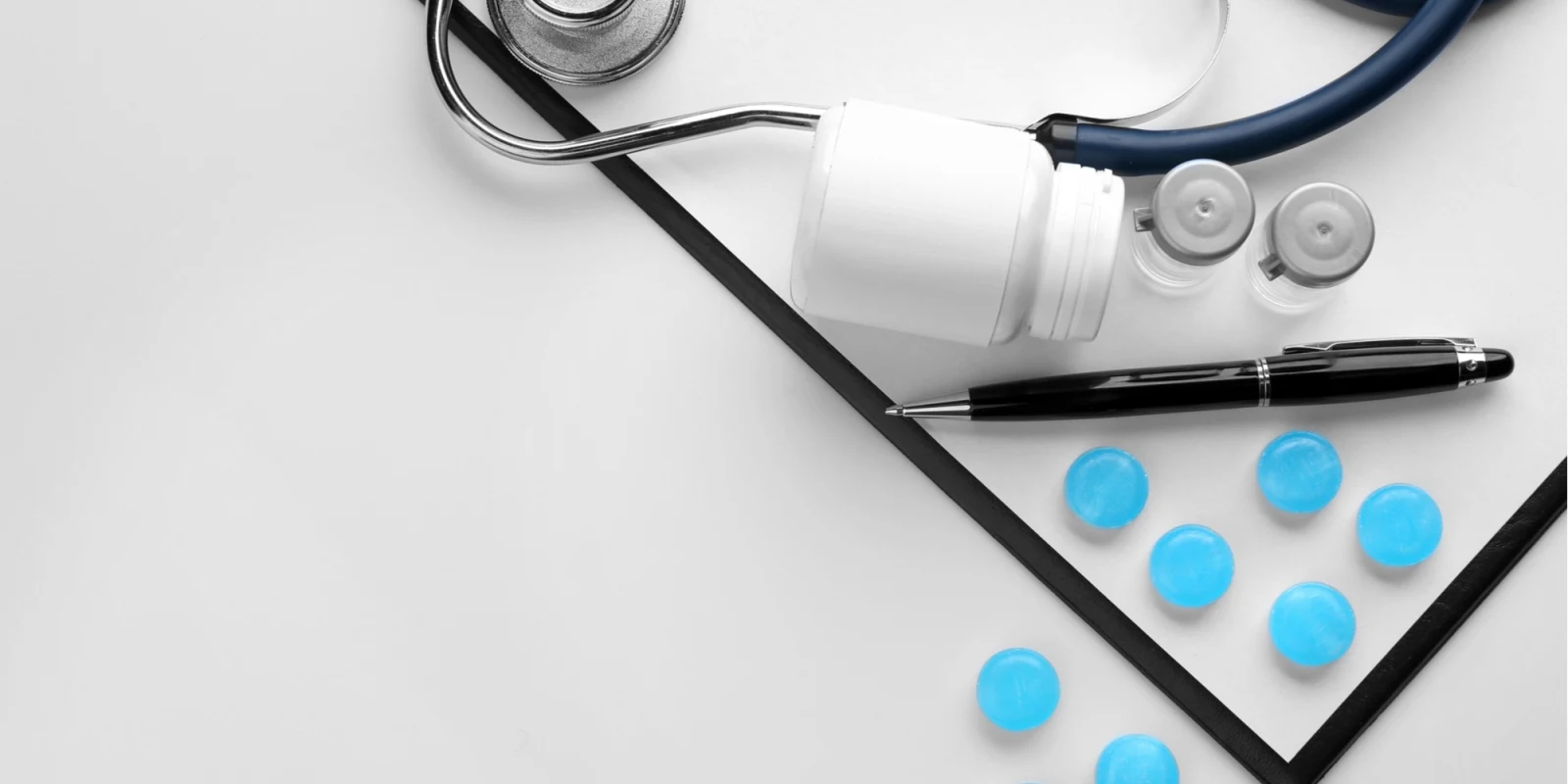
A lot has been written about board recertification requirements. Physicians have grumbled and moaned for years. The objections have caused changes. Some specialty boards have abandoned the tests. And yet, for most specialties, we still find ourselves turning over our credit card numbers, blocking off a day in our incredibly busy lives, and heading for a professional testing center.
On the surface, the process is absurd.
Oh, I get that we should keep up to date. In the '50s, the doubling time of medical knowledge was estimated to be every 50 years. In 2010, with current technology, the doubling time was estimated to be 3.5 years. In 2020, projections estimate the doubling time will be less than three months.
In the past, a physician might have been able to stay reasonably current by reading their specialty journal and perhaps attending a conference a year. Now, the learning process must be continuous and fluid.
That said, the exam itself has become silly. The test takes years to develop. Anyone who has been involved with writing high-stakes exams can relate. To take a learning item, which may seem simple on the surface, to an exam-ready state is a labor-intensive process. By the time you sit in front of the computer at the testing center, the exam is already out of date. Some items might be a quaint reminder of how we practiced the year before.
More than once, I’ve encountered a question, that, while I could write a spontaneous essay on the subject being tested, I couldn’t tell you if the “correct” answer was A or B. Did the authors follow the guidelines? Are the guidelines even the same as when the test was written?
Of course, there is also the ridiculous assumption that the facts needed to answer the question are in our heads. In the real world, if you aren’t 100% sure of a course of action, you can click on the references embedded in your EMR, or you can pick up your smartphone and get the most current recommendations. Even when you are 100% sure of the diagnosis and treatment, you might look to verify that the guidelines didn’t change last month.
But in this article, I am not only adding to the litany of complaints about the stupid exams. I am here to proclaim my disgust at the indignity of the process associated with taking the test itself.
Here we are, professionals working in a profession in which trust is paramount. I am a physician. Patients come to me and trust me to take care of them, to guard their secrets, to be reasonable. And then, society asks me to arrive at a testing site and suffer countless indignities.
Indignities? Yes. Indignities. We are used to the security theater of TSA at the airports. We are accustomed to taking off our shoes and belts. We assume that we must pass through the scanner. Most public buildings now have metal detectors. No worries. I remember to be thankful that efforts are being made to keep us safe.
The indignities of which I speak are found in the security precautions at the testing site. Even the TSA does not demand that I turn my pockets inside out. But the proctors at the center most certainly do; they check our pockets, both at the beginning of the test and again, if you happen to take a restroom break.
To be honest, though, it isn’t the pockets that angered me. I find inverting the pockets a bit much, after the scan, and with them peering at us throughout the exam, but it doesn’t anger me. They are doing a job.
For my last recertification test, I had read the instructions carefully. It said that cough drops in a clear container were allowed. I needed cough drops to sit comfortably for several hours. I carefully brought a snack-sized plastic bag and placed several cough drops inside. I was told they weren’t allowed. I was told I needed to unwrap the cough drops. Really?
Fine, I unwrapped my honey-flavored drops. And then I was made to put them on a testing site-provided tissue while I took the test. (Note: cough drops placed on tissue stick to the tissue. Nasty.)
Please help me understand. If I were sinister enough — or clever enough — to predict the answers and write them in teeny tiny miniscule writing on the inside of a cough drop wrapper, wouldn’t I be bright enough to memorize those answers? Are my lozenges a threat to the security and integrity of the exam?
Closed book exams are archaic. Most in the medical community recognize this reality. Strides are being made to make our recertification processes consistent with the information flow of the modern age. But regardless of your beliefs about the necessity of revamping standardized testing, I think we can all agree that cough drops are an unlikely source of trickery and deceit.
Lisa Masson, MD, is a board-certified primary care physician in Los Angeles. Her passion for primary care motivated her to take on an active role in clinical informatics. She is a 2018–19 Doximity Author and a proud mother of three daughters.
Image by Africa Studio / Shutterstock






